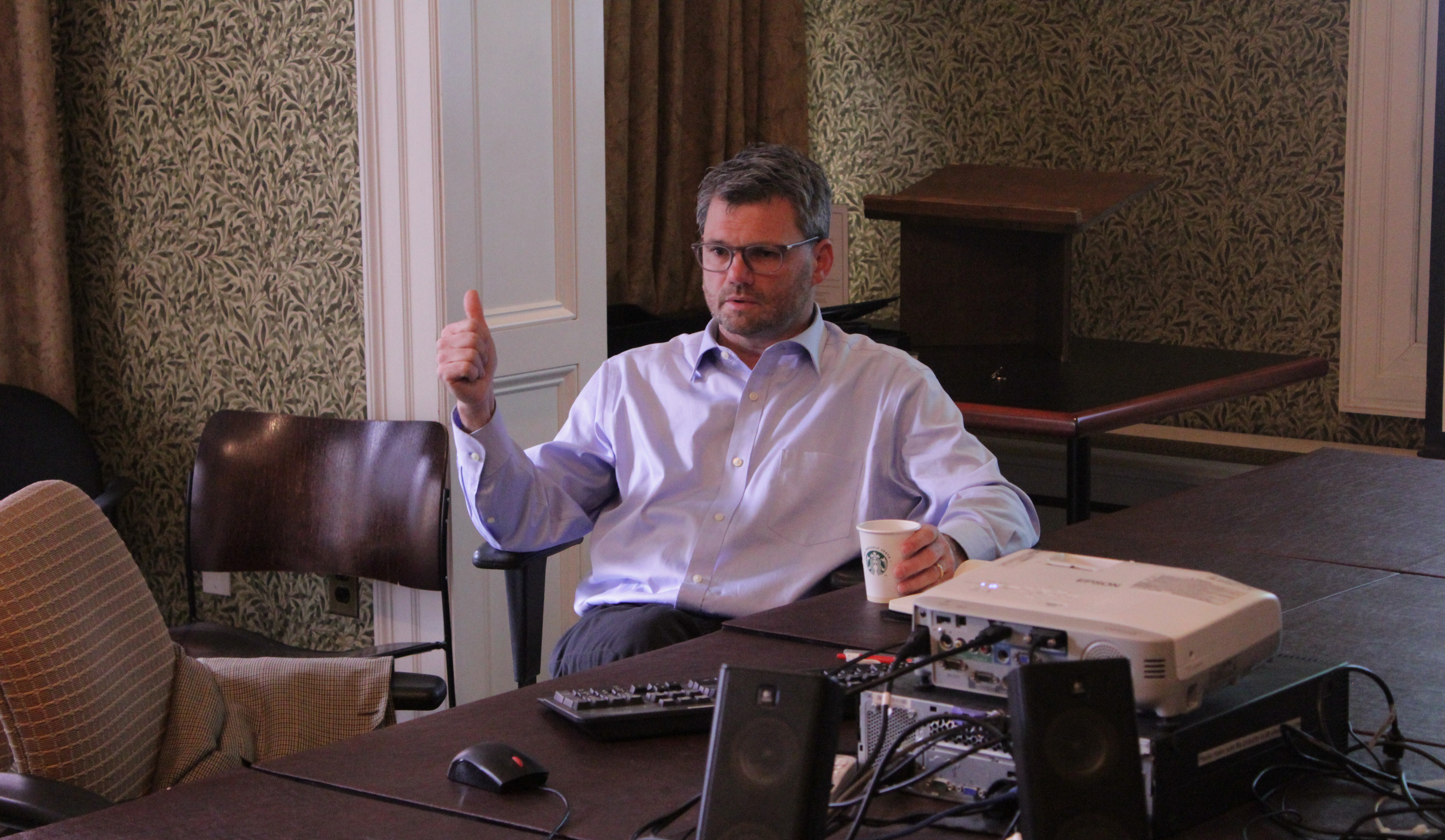Gallagher Argues for Reducing Consumers’ Climate Burden

Kevin Gallagher, Professor of Global Development Policy at Boston University’s Frederick S. Pardee School of Global Studies and Director of the Global Development Policy Center (GDP Center), was interviewed by the New York Times on fossil fuel subsidies and the transition to green energy.
The article, titled “Why Are Taxpayers Propping Up the Fossil Fuel Industry,” centered around cutting taxes, and consequently, government subsidies to the oil industry, and the social unrest it can induce. Gallagher explained that the sudden increase in prices and accompanying social unrest often come from ‘green shock therapy,’ which is an influx of policies that prioritize environmental protection too rapidly without other transitional programs to cushion the shift.
Consumers, not corporations, currently pay for the majority of environmental policy implementation. Consequently, a disruptive shift in that policy upsets consumers and drains public support for green initiatives. Gallagher argued that programs that act too hastily “creat[e] constituencies that are going to be against climate policies because they were done wrong in the first place.” Instead, Gallagher posited that governments and international organizations need to take a more proactive role in providing incentives to corporations, reducing the burden on consumers and potentially increasing support for environmental initiatives.
Read the full article here.
Kevin Gallagher is a professor of global development policy at Boston University’s Frederick S. Pardee School of Global Studies, where he directs the Global Development Policy Center. He is the author or co-author of numerous books, including most recently, The Case for a New Bretton Woods (Wiley, 2022). Read more about Professor Gallagher on his Pardee School faculty profile.